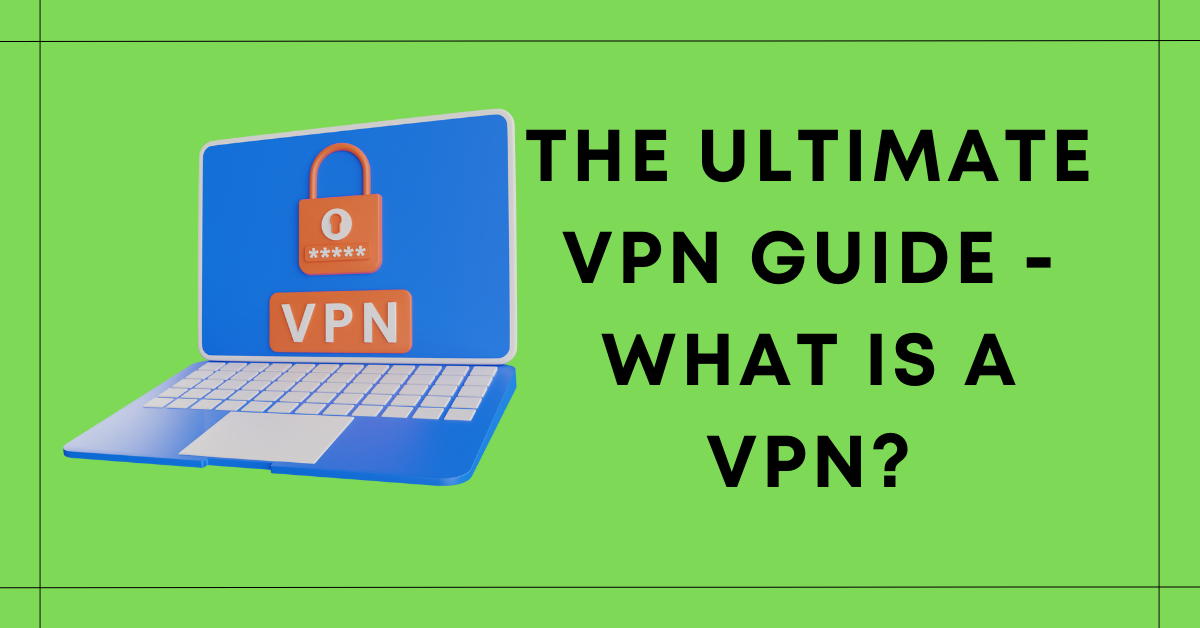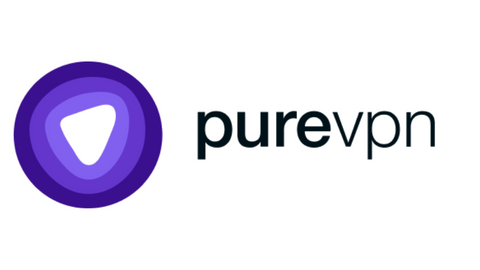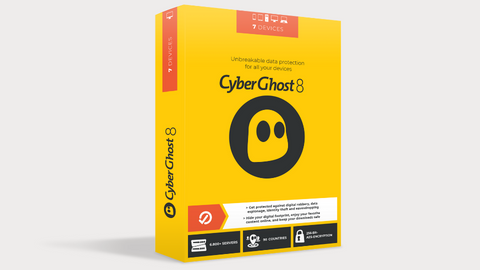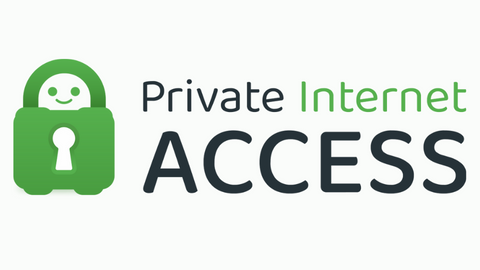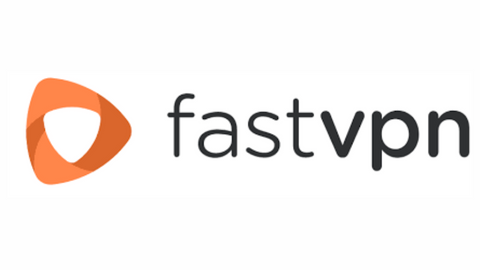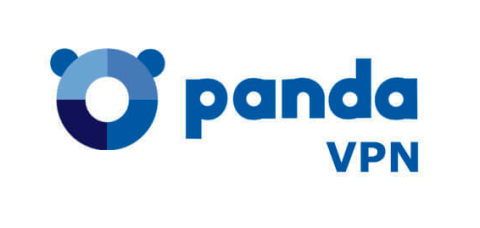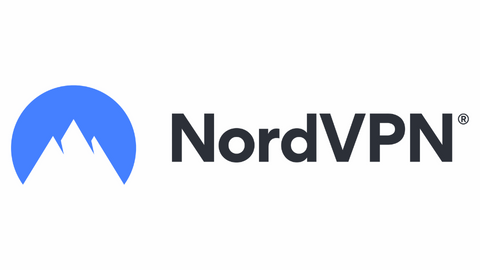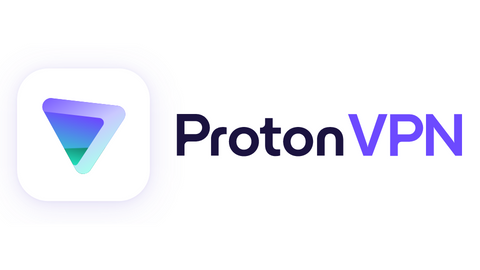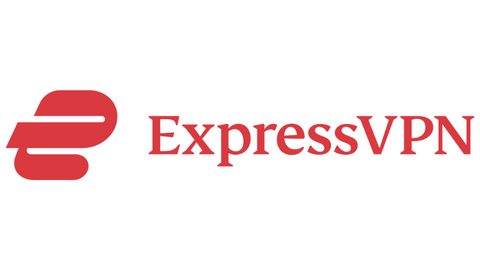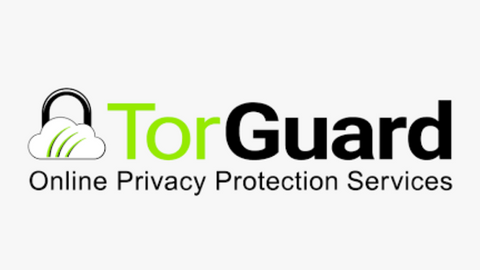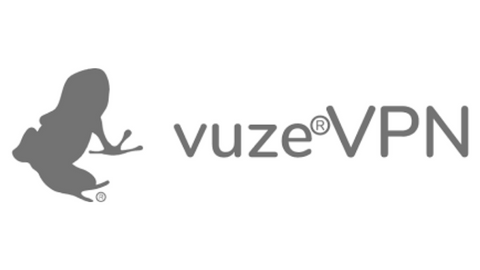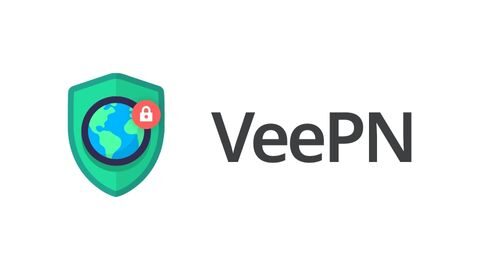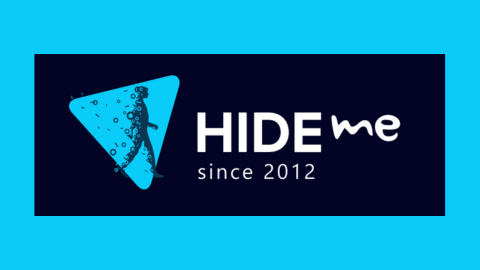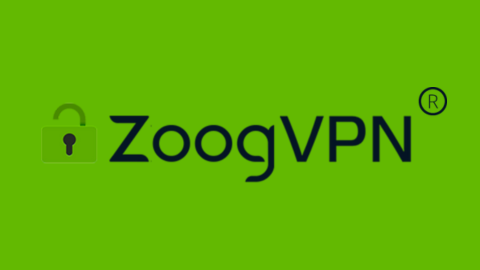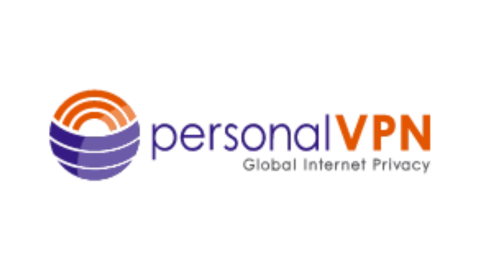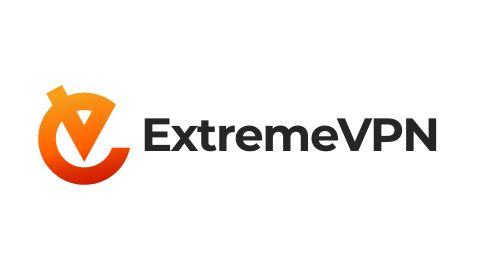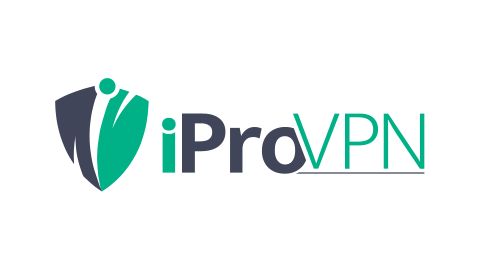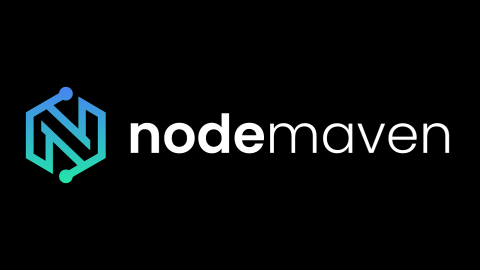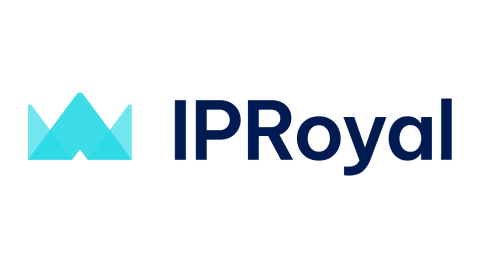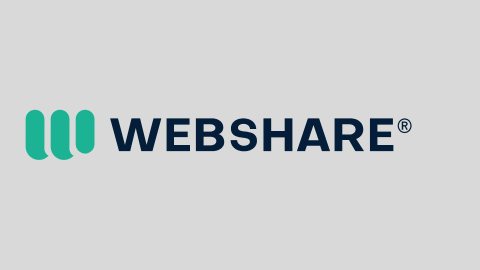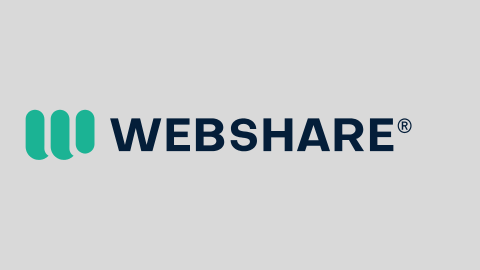Did you hear about a VPN and don’t know what it means and how it works, so you’re asking “What is a VPN?” Don’t worry, this ultimate VPN guide will cover everything you need to know about a VPN.
We are in an era where being careless with your online privacy can cost you more.
You can lose control over your personal and business computers just because some of your private information got leaked to hackers.
But can this be prevented?
Yes, VPNs serve as your shield online. They protect your personal details from getting leaked into the hands of cybercriminals.
Want to learn more in this VPN guide? Keep reading!
Table of Contents
What Is A VPN?
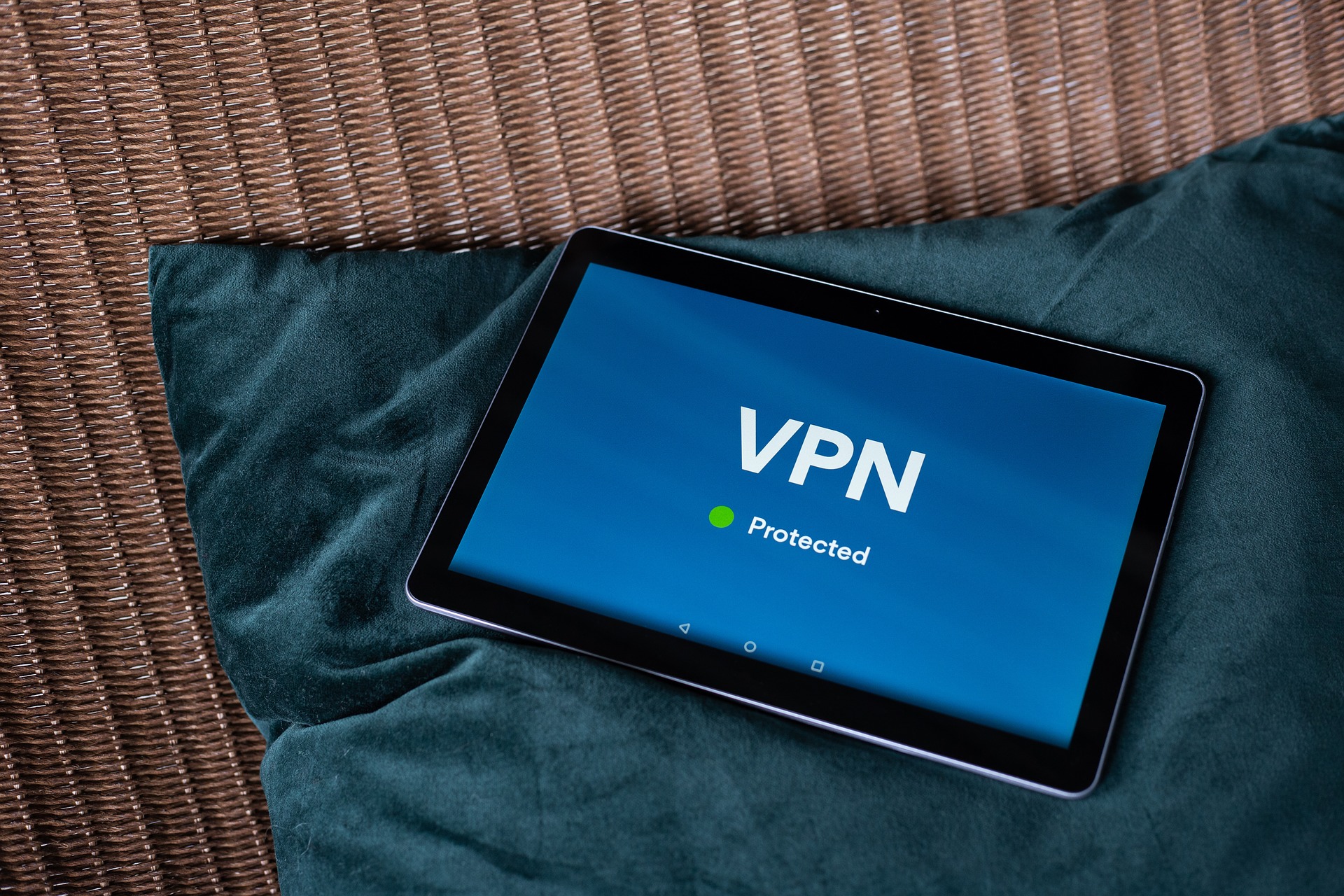
VPN is an acronym for “Virtual Private Network”, it helps keep your privacy by increasing your online safety and freedom.
You can call it a key to digital privacy because it ensures that you’re safe on the internet in many ways.
When you’re using the internet, a VPN sends your data through an encrypted, and secured connection to an outer server: the VPN server.
So, instead of sending your details to the websites or apps that you access on your device, the VPN sends its details.
In other words, it is like you’re accessing those websites or apps with another person’s (VPN server) details.
Some benefits you enjoy from using a VPN include; hiding your identity online, securing your data, and using the internet without restrictions. We have a list of the best VPN services, you can check them out.
BEST VPN SERVICES
READ ALSO: The Ultimate Antivirus Software Guide: What Is An Antivirus?
What Is A Proxy Server?
A proxy server is a router or a computer system that works between a server and a client as a relay. It prevents an attacker from attacking the private network.
A proxy can also act to represent another. This means that the proxy server can act in place of the user.
Going online without a proxy can expose your IP address to web servers and probably others to see.
A proxy has its IP address that represents or acts on your behalf to make sure your real IP address is hidden.
BEST PROXY SERVICES PROVIDERS
READ ALSO: The Best Datacenter Proxies
History Of VPN: When Was The First VPN Service Created?
Back in 1996, Microsoft employees created a P2P (peer-to-peer) tunnel protocol, or rather, PPTP.
As internet threats begin to increase, the digital security system starts getting popular too.
People were concerned about their privacy online, and one of the easiest ways to maintain privacy online was to consider a virtual private network.
VPN was mainly used then for business purposes, but today, VPN is widely used to prevent malware, unblock geo-restricted content, and more.
How Does A VPN Work?
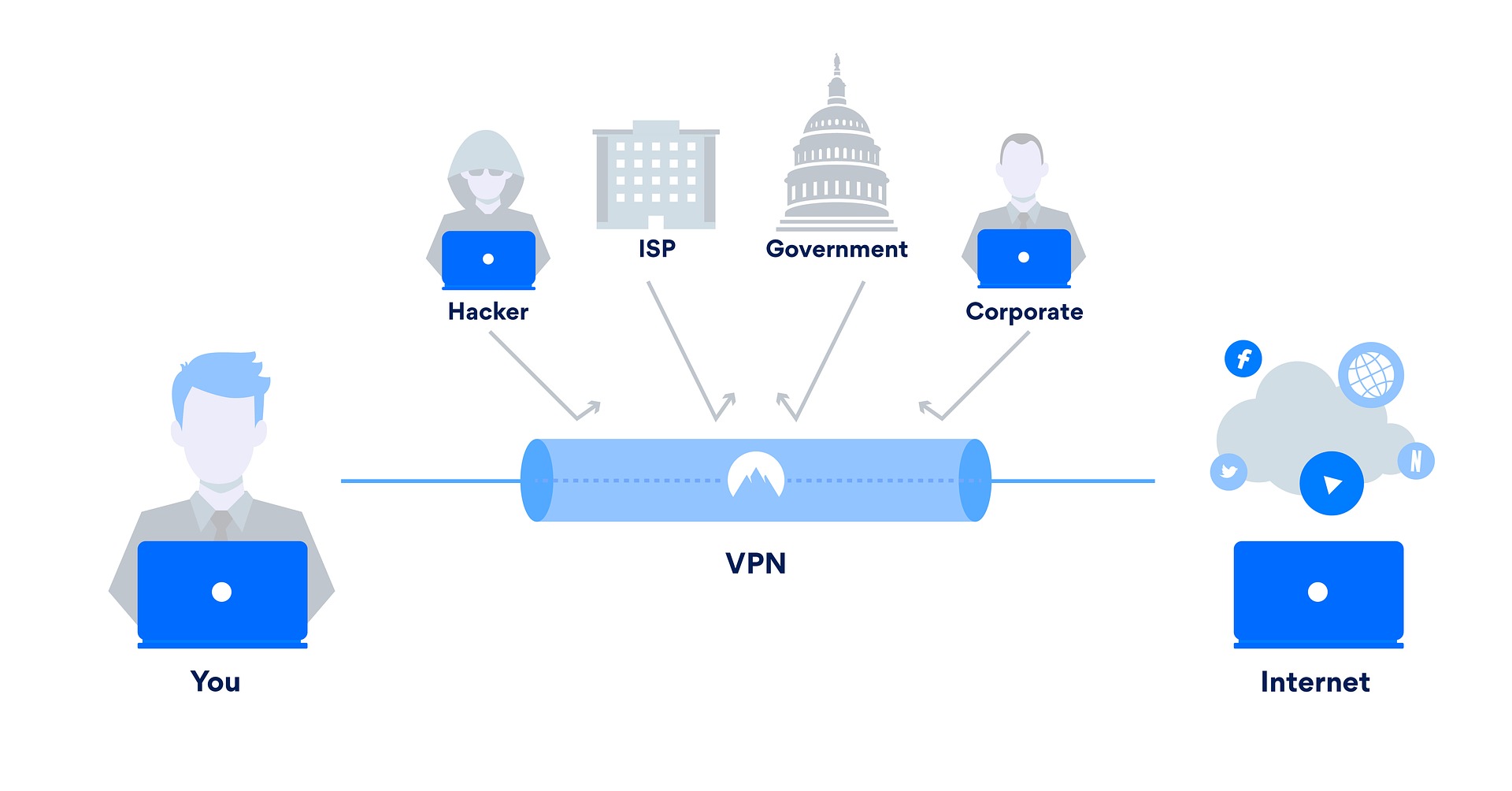
When your computer or smartphone is connected to a VPN, the computer’s location and details will be coming from the VPN and not your own.
A VPN secures your internet traffic by rerouting all your traffic through an encrypted secure connection before the device contacts the website.
If you don’t use a VPN, your computer or phone will directly connect to the websites you visit.
A VPN makes sure that your computer contacts the VPN servers first, and then the VPN will send or contact the websites for you.
If you visit a website with a VPN connected to a USA server, the website will see you as a visitor from the USA even when you are not in the USA. It will appear like you are present at the VPN location.
While this is a good thing, VPNs tend to reduce internet connection speed because VPNs act as a middleman in which connections must pass through the VPN server before proceeding.
Some VPN Statistics
- The global VPN market will likely hit USD 41.70 billion in 2022 [MarketWatch].
- Most VPN users are male [Statista].
- 31% of all VPN users are between the ages of 16 and 24 [Ofcom study].
- About 57% of VPN mobile users use the VPN for movies, gaming, and TV [Security.org].
- 62% of daily VPN users are mobile users [DataProt].
- VPN usage increased 27.1% during the pandemic [BusinessWire].
READ ALSO: Best VPNs For Surveys [Tested, Reviewed, And Ranked]
Benefits Of Using A VPN
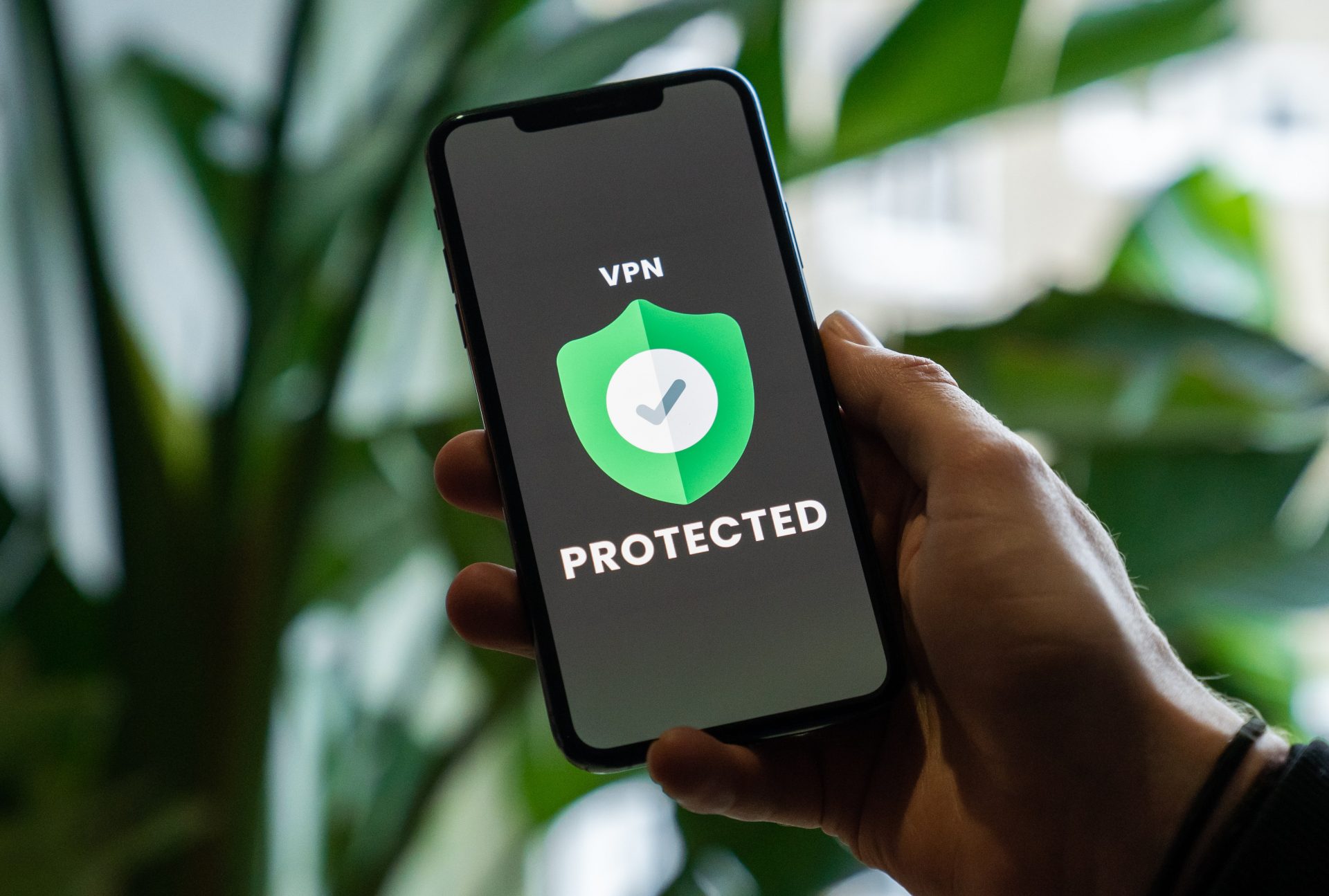
1. Anonymity Online
A VPN hides your data from others on the internet; instead of exposing your real information like location and IP address, it shows the VPN server information.
2. Protection against governments and hackers
A VPN encrypts your internet traffic via a solid encryption protocol. It makes your device activities difficult for a third party to access.
When people try to spy on your device,a VPN makes this difficult for them.
3. Protection against public network
Let me assume this is not the first time you have learning that a public WiFi network is dangerous.
While you enjoy the free public WiFi network, other users on the same network may have your personal information.
A VPN can help protect your connection from the dangers of public WiFi.
4. Fight online censorship
Countries like China, Iran, Russia, and Turkey cannot use popular apps and websites like WhatsApp, Google, Facebook, Instagram, YouTube, and Spotify due to geo-restrictions.
With the help of a VPN service, you can bypass government censorship and restrictions by connecting your device to a different server.
Using a VPN, you can also change the internet server location to an accepted country.
5. Anonymous downloading
Downloading online can be risky when it is done incorrectly.
Downloading some torrents is illegal in some countries, and you, as a downloader, can be tracked down and prosecuted.
So, to avoid getting caught, you can always use a VPN.
6. Improved Gaming Experience
Gamers often face lag, high ping times, and DDoS attacks. A VPN can help connect you to a server closer to the game server, reducing latency and improving your online gaming experience.
Imagine enjoying smoother gameplay and faster response times – that’s the benefit a VPN can offer gamers.
7. Enhanced Streaming Quality
Video streaming services may throttle bandwidth depending on your location. A VPN helps overcome this by connecting you to a server in a region with better streaming quality.
Imagine enjoying your favorite shows and movies without buffering – that’s the benefit a VPN can offer streaming enthusiasts.
8. Secure Online Shopping
Online shopping involves sharing sensitive financial information. A VPN protects your financial data by encrypting your transactions and masking your IP address, making it harder for hackers to intercept your information.
Imagine shopping online with peace of mind – that’s the benefit a VPN can offer to protect your financial transactions.
9. Bypass Price Discrimination
Certain websites and services can price discriminate based on your location. A VPN can help you bypass this by connecting you to a server in a region with lower prices.
Imagine saving money on flights, hotels, and other online purchases – that’s the benefit a VPN can offer to save you money.
10. Accessing Business Resources
Businesses often use VPNs to allow employees to access sensitive resources remotely. This can be particularly beneficial for remote workers and companies with international operations.
Imagine securely accessing your company’s network from anywhere in the world – that’s the benefit a VPN can offer businesses.
11. Preventing Bandwidth Throttling
Some internet service providers (ISPs) throttle bandwidth for specific activities like streaming or downloading large files. A VPN helps circumvent this by encrypting your data and hiding your online activity from your ISP.
You can enjoy unrestricted internet speeds – the benefit a VPN can offer to eliminate bandwidth throttling.
12. Accessing Blocked Websites
Governments or institutions may block specific websites and services. A VPN allows you to bypass these restrictions by connecting to a server in another country.
You can access blocked information and websites – that’s the benefit a VPN can offer to overcome censorship.
13. Protecting Your Family Online
Children are particularly vulnerable online. A VPN can help protect your family by encrypting their internet traffic and preventing them from accessing inappropriate content.
You can provide a safer online environment for your family – that’s the benefit a VPN can offer to protect your loved ones.
14. Avoiding Online Tracking
Advertisers and other entities track your online activity to build profiles and target you with personalized ads. A VPN helps prevent this by masking your IP address and online activity.
You can browse the internet without being tracked – that’s the benefit a VPN can offer to avoid online tracking.
15. Contributing to Net Neutrality
Net neutrality is the principle that all internet traffic should be treated equally. Using a VPN can help ensure that your internet traffic is not being throttled or discriminated against.
You can contribute to a free and open internet – that’s the benefit a VPN can offer to support net neutrality.
Proxies Vs. VPN
In this VPN guide, knowing the difference between proxies and VPNs is essential.
A VPN encrypts your internet traffic, while proxy servers don’t. So proxies should not be used for sensitive information because they don’t protect you as a VPN does. A VPN can protect you from government surveillance, ISP tracking, and hackers, making it a more secure option to handle sensitive information.
VPN works by rerouting all your internet traffic via a VPN server, while proxies only reroute the internet traffic of a specific browser or app. The downside of a VPN is that it can be slower than proxies because VPNs encrypt your traffic before sending it to the web.
VPNs are subscription-based (free VPN services are limited, and they can sell your information to make money), and proxy servers are usually free.
Choosing between a proxy and a VPN can be confusing, but understanding their key differences is crucial for safeguarding your online privacy and security.
Here’s a comprehensive breakdown:
Security & Privacy
- VPN: Encrypts all your internet traffic, making it unreadable by anyone intercepting it. This protects you from government surveillance, ISP tracking, & hackers.
- Proxy: Doesn’t encrypt your data, leaving it vulnerable to potential attackers. It’s not suitable for handling sensitive information.
Scope of Protection
- VPN: Secures all your internet traffic, regardless of the app or browser you’re using. It offers comprehensive protection for your entire online activity.
- Proxy: Only protects the traffic of the specific application or browser it’s configured for. Other programs remain unprotected.
Speed & Performance
- VPN: This may cause slight speed reductions due to data encryption and routing. However, modern VPNs offer minimal impact on performance.
- Proxy: Often faster than VPNs because they don’t encrypt data. However, this comes at the expense of security and privacy.
Cost & Availability
- VPN: Typically requires a subscription fee. While free options exist, they often come with limitations or privacy concerns.
- Proxy: Many free proxy servers are readily available. However, they may be unreliable and inject ads or track your activity.
Here’s a table summarizing the key differences:
| Feature | VPN | Proxy |
|---|---|---|
| Security & Privacy | Encrypts all traffic | Doesn’t encrypt data |
| Scope of Protection | All internet traffic | Specific app/browser |
| Speed & Performance | Slightly slower | Faster |
| Cost & Availability | Paid subscription (free options limited) | Free & Paid options |
- For maximum security and privacy, a VPN is the clear winner. It’s ideal for protecting your sensitive information and browsing anonymously.
- A proxy may suffice for occasional use or accessing geo-blocked content.
Ultimately, prioritize your online security and privacy. Choose a VPN if you value anonymity and data protection. Use a proxy with caution and only for non-sensitive activities.
READ ALSO: 7 Best Proxy Services For 2025 [Tested, Reviewed & Ranked]
How To Choose The Best VPN For Your Needs?
There are many VPNs, so it might be challenging to choose the best one. Some are free, while others are paid.
Since there are more than 500 VPNs in the VPN market, below is a guide to choosing the best that fits your purpose.
1. Know what you need a VPN for
There are a lot of ways to utilize a VPN, while some VPNs are good at watching content that is geographically blocked, while others are good at bypassing government censorship.
To use a VPN for streaming movies, you must choose a VPN with high speed, unlimited bandwidth, and reliable connections.
So you should write down a list of what you need the VPN for and outline the features that can help you get what you want.
2. The features of the VPN service
All VPN companies have that feature they are known for, which could be speed or anonymity. Find the feature and ensure it is suitable for your list of what you need a VPN for.
Many VPNs have issues bypassing Netflix restrictions, but ExpressVPN is a good option.
A kill feature should also be considered to strengthen your VPN security.
This feature VPN automatically disconnects from the internet if your device loses internet connection.
It helps you to prevent unsecured connections on the internet when your device is disconnected from the VPN connection so that you’re safe until the VPN connection returns.
3. VPN with a good user-friendly interface
Some VPNs in the market don’t have that user-friendly interface, and it could take some time before you get used to them because they’re pretty complex to set up.
You should go for a VPN with a clean and smooth interface. Also, consider going for a VPN with a good speed connection if you care.
4. Make sure your essential servers and locations are covered
For example, if you are going to a country like China to work or live, you will need a VPN service that can bypass all the restrictions and censorship in the country.
The number of locations and servers can be decided for you in some situations.
5. What payment plan do you prefer?
The best VPN for you should provide a convenient payment option.
Meanwhile, VPN prices are different depending on features and subscription duration.
The mode of payment is also essential when choosing a VPN that is good for you.
Some VPNs support anonymous payment systems such as Bitcoin, while others use debit cards.
Payments can be weekly, monthly, or annually.
6. Go for a VPN with good and reliable customer service support
You may encounter issues with a VPN, so having a place to get things solved when necessary is essential.
Here, the best options are VPNs that offer live chat if you care about reliable customer support, because emails and tickets could take hours or days before you get a reply.
Also, always go for a VPN that offers 24/7 customer service.
7. A money-back guarantee is recommended
If you pay for a VPN service and later find out that it is not suitable for you, a money-back guarantee will allow you to get your money back.
Some VPNs offer a 30-day money-back guarantee, which is enough for you to test the quality of the VPN service.
So always look for a VPN with a money-back guarantee or use the free trial.
Not all VPN offers a free trial, but you should find one that ensures your safety, and you can get a refund when you don’t like their product.
BEST VPN SERVICES
Is It Safe To Use A Free VPN?
Some VPN services abuse the data that travels via their servers and sell your information or data to advertisers.
Your internet traffic runs through the VPN provider’s servers, and the VPN provider can see your data and everything you do.
However, not all VPNs do this. It is only common among free VPNs.
Even if the VPN provider offers their VPN service for free, there is a possibility that your data is being sold to advertisers.
Why don’t you find out why your VPN provider offers their services for free?
So, don’t be fooled by a free VPN service; it will surely come with a price to pay, whether it is your money or your privacy.
Is Using A VPN Against The Law?
Everyone uses a VPN, even hackers or cybercriminals make use of it, which could make you wonder if using a VPN is against the law or not.
Honestly, using a VPN is not against the law if it is used legally. If you use a VPN for legal activities such as browsing, Netflix, gaming, YouTube, anonymity, and more, using a VPN for illegal activities is against the law, but using a VPN (legally) is not.
Disadvantages Of Using A VPN?
You have learned that there are advantages to using a VPN each time you go on the internet, but nothing is perfect; there are disadvantages you should know.
Don’t think a VPN is all you need to stay private online; there are things a VPN can’t do or perhaps can’t do better.
- Some VPN service providers can slow your internet speed.
- Some online sites or services do not allow or ban customers from using VPNs.
- A quality, top-rated VPN will cost you money.
- Some VPNs won’t protect you or your information from malware or phishing attacks.
- Some VPN services can not bypass strict internet restrictions in highly censored nations.
Note: As you can see from this VPN guide, we do not encourage the usage of a VPN for any form of illegal activities online.
VPN Guide: How Much Do VPNs Cost?
VPN services offer different plans for users. VPN providers give enticing discounts when you are a new subscriber.
Most of the time, as a new subscriber, you will get about a 30 – 50% discount, and there is also a free trial if your VPN service offers it. So check out some VPN pricing below;
1-month plan: VPNs allow you to pay for a monthly subscription; it is good for you if you don’t want to spend much at once for an annual plan. This should start from $4 to $10; you can get a discount.
3-month plan: This is a pricing plan where you pay every 3 months. It is another great deal to enjoy all that the VPN offers. It should range from $15 – $25 or more; you can even get a discount as a new customer.
1-year plan: It is also known as an annual or yearly plan, and it is good if you don’t want to go through the stress of subscribing again monthly or quarterly. This should range from $30 – $99 or more.
Some VPN companies like NordVPN offer a 2-year plan, which is perfect for an organization or a small business that needs a VPN service.
READ ALSO: 7 Best Yearly VPN Services
What Is The Best VPN?

After reading this VPN guide article, it is possible to ask, “what is the best VPN service?”. Is it NordVPN, ExpressVPN, or CyberGhost VPN?
When you see the article on best VPNs, you should know they’re recommending top-rated VPNs to you, nothing like the best.
All VPN services in the market have downsides, and there is no definitive ‘best’ VPN. Go with what works for you or top-rated VPNs like CyberGhost VPN, Surfshark, ExpressVPN, TorGuard, or NordVPN.
Frequently Asked Questions: VPN Guide
Do you have to use a proxy when you have a VPN?
You don’t need to use a proxy when you have a VPN. Premium VPN services can act as proxies. A strong VPN service can be much better than a proxy because VPNs have many features, and you are probably getting more for your money.
Can VPN be used on multiple devices?
VPN services can be used on multiple devices; most VPNs support Windows, Mac, Android, iOS, and Linux, and some VPNs don’t support all the platforms.
The VPN market is growing rapidly due to the support on all platforms. If you use a Windows computer and an iPhone, then some popular VPNs will make it easy for you to use their VPN service on any platform you have.
Will a VPN slow down my internet speed?
Yes, using a VPN can slightly decrease internet speed due to data encryption and routing. However, the impact is typically minimal with modern VPN services, and the added security and privacy benefits outweigh the minor speed reduction.
Can I use a free VPN?
Free VPNs can seem tempting but often come with limitations and potential risks. They may offer restricted data allowances, limited server locations, intrusive advertising, or even collect and sell your browsing data. Paid VPNs offer significantly better performance, security, and privacy features while requiring a subscription fee.
Is it legal to use a VPN?
In most countries, using a VPN is perfectly legal. However, some countries restrict VPN usage for specific purposes or websites. It’s essential to check the local laws and regulations of your country before using a VPN.
What types of VPN protocols are there?
There are several VPN protocols, each offering different levels of security and performance. Standard protocols include OpenVPN, WireGuard, IKEv2, and L2TP/IPSec. OpenVPN is widely used for its robust security, while WireGuard is newer but offers faster speeds.
How do I choose the right VPN for me?
Consider your individual needs and priorities when choosing a VPN. Factors to consider include:
- Security features: Encryption protocols, security audits, and a no-logs policy.
- Privacy features: Location anonymity, IP address masking, and protection from tracking.
- Performance: Server network size, location, connection speeds, and bandwidth limitations.
- Cost: Subscription plans and pricing models.
- Device compatibility: Support for your operating systems and devices.
- Customer support: Availability and quality of support services.
What are some popular VPN services?
Some popular VPN services include NordVPN, ExpressVPN, CyberGhost, ProtonVPN, and TunnelBear. Each service offers unique features and benefits, so it’s essential to compare them carefully before deciding.
What are some additional benefits of using a VPN?
Beyond the core security and privacy benefits, VPNs can offer additional advantages, such as:
- Access to geo-blocked content: Bypass restrictions and access websites and streaming services unavailable in your region.
- Public Wi-Fi protection: Secure your connection when using public Wi-Fi networks, often vulnerable to hacking.
- Improved gaming experience: Reduce lag and ping times for smoother online gaming.
- Enhanced online shopping security: Protect your financial information when making online purchases.
- Prevent bandwidth throttling: Avoid internet speed limitations imposed by your ISP.
What does VPN stand for?
VPN stands for Virtual Private Network. It allows users to create a secure connection to another network over the internet. VPNs are commonly used to protect private web traffic, shield user identity, and access region-restricted websites.
How does a VPN work?
A VPN works by routing your internet traffic through a remote server operated by the VPN provider. This process hides your IP address and encrypts all the data you send or receive. Even your Internet Service Provider (ISP) cannot see what you’re doing online while connected to a VPN.
Why should I use a VPN?
VPNs offer multiple benefits, including protecting sensitive data, preventing ISP throttling, and bypassing content restrictions. Whether you’re working remotely, streaming, or browsing, a VPN gives you an added layer of protection and freedom.
Are VPNs legal to use?
In most parts of the world, using a VPN is completely legal. However, some countries like China, Russia, and Iran restrict or ban VPNs to control internet access. It’s always wise to check your country’s laws before using one.
Can a VPN make me completely anonymous online?
While a VPN greatly improves your privacy by masking your IP address and encrypting your connection, it does not offer total anonymity. For full anonymity, consider combining VPN usage with Tor, private search engines, and strict digital hygiene.
Do VPNs affect internet speed?
Yes, VPNs can slightly reduce your internet speed due to encryption overhead and server distance. However, top-tier VPN services use optimized servers and fast protocols (like WireGuard) to ensure minimal performance loss, making streaming and gaming still possible.
Can I use a VPN on all my devices?
Most modern VPN services support multiple devices and platforms, including laptops, smartphones, tablets, routers, and smart TVs. With one account, you can typically connect 5 to 10 devices simultaneously, depending on the provider.
Is a free VPN safe to use?
Free VPNs often come with trade-offs such as limited bandwidth, fewer servers, and weaker encryption. Worse, some may log and sell your data to third parties. If privacy is your goal, investing in a reputable, no-logs VPN is strongly recommended.
What is the difference between a proxy and a VPN?
Both a proxy and a VPN hide your IP address, but only a VPN encrypts your entire internet connection. A proxy might work for basic location masking, but it doesn’t offer the end-to-end security and privacy that VPNs provide.
Can a VPN bypass geo-blocks and streaming restrictions?
Yes, many VPNs are designed to bypass geo-blocking technologies used by platforms like Netflix, Hulu, and BBC iPlayer. However, not all VPNs can do this consistently—look for services with dedicated streaming servers or Smart DNS features for the best results.
How can I learn more about VPNs?
Many online resources provide comprehensive information and reviews of various VPN services. You can also consult cybersecurity experts or tech reviewers to get personalized recommendations based on your needs.
Here are some of our popular VPN reviews:
- 10 Best VPN For Nigeria [2023 LIST]
- Best VPN For Hackers: Tested For Ethical Hackers & Pen-Testers
- 17 Best VPN For Online Surveys [Tested, Reviewed, And Ranked]
- 10 Best Yearly VPN Services (#1 Is Our Favourite)
- 10 Best VPN Quora Users Recommended For 2023
- 5 Best VPN For Zap Surveys [Tested, Reviewed & Ranked]
- 7 of the Best VPN For Upwork (With Dedicated IP Address)
- Best VPN for Gaming You Should Consider
- 5 Best VPN for Zepeto [2023 LIST]
- 10 Best AdBlock VPNs In 2023 [Tested & Reviewed]
- 5 Best VPN For Fiverr [With Dedicated IP Address]
- 8 Best VPNs For China And Hong Kong (+5 Reliable Ones)
- 8 Best Antivirus with VPN
A Final Word On This VPN Guide
There are many ways a VPN can be useful and a few drawbacks.
But the good it offers is more than the drawbacks, so getting a premium quality VPN is recommended to secure your internet connection.
Proxies are also a better choice, but when compared to a VPN, they should be the best choice for you.
And free VPNs are not highly recommended if you care about your privacy online.
Leave your comment concerning this VPN guide below.
FURTHER READINGS
- Best VPN For 2022 [Tested, Reviewed & Ranked]
- Proxy Optimization: 4 Things You Didn’t Know A Proxy Could Do
- 4 Differences Between Residential Proxies and Datacenter Proxies
- Exclusive Interview With Vladimir Fomenko, Founder Infatica
- What Are The VPN Features And Benefits?
- Can VPNs Help Prevent Cyberattacks? [We Have The Answer]
About the Author:
Chandra Palan is an Indian-born content writer, currently based in Australia with her husband and two kids. She is a passionate writer and has been writing for the past decade, covering topics ranging from technology, cybersecurity, data privacy and more. She currently works as a content writer for SecureBlitz.com, covering the latest cyber threats and trends. With her in-depth knowledge of the industry, she strives to deliver accurate and helpful advice to her readers.


